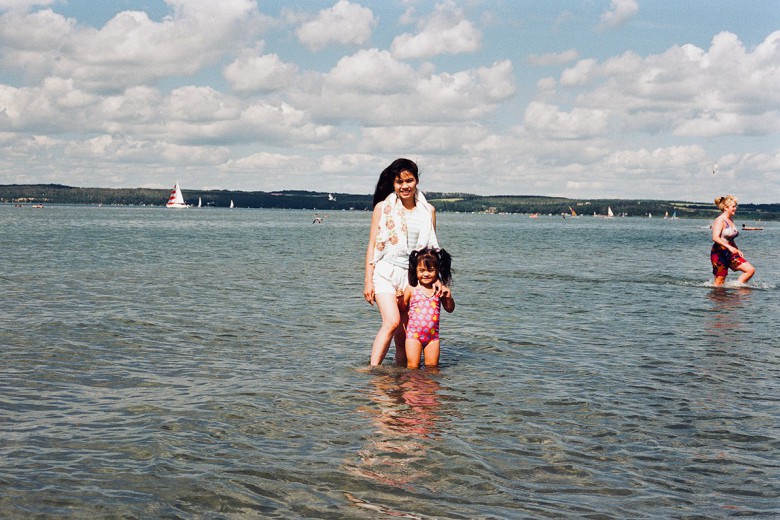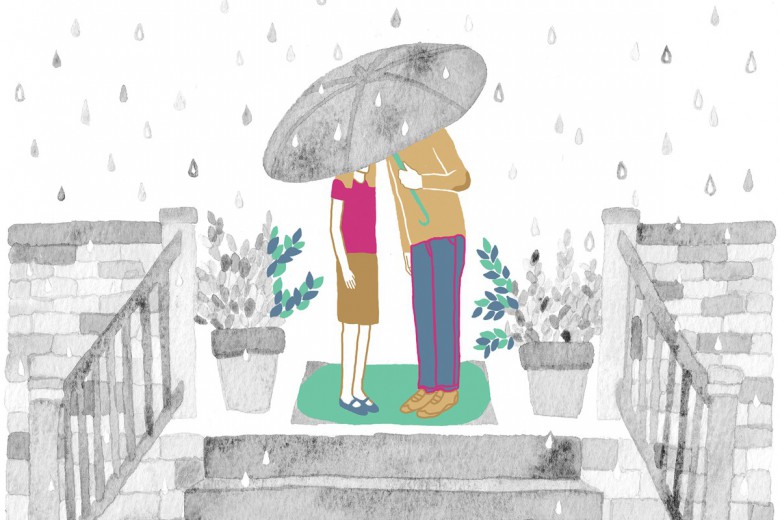_1000_1267_90.jpg)
Image by OpenClipart-Vectors from Pixabay.
From a Friday in November 2024.
*
There is a particular grief: I learn the names of villages in my ancestral land as they are bombed.
Today, 15 rescue workers are killed in a targeted attack in Baalbek. It is not the first time Baalbek has been in the headlines. For a couple of days in the news cycle, there was incredulity at the bombing of a UNESCO World Heritage site. I google Baalbek and see photos of ancient temples and I see photos of black smoke. I learn that the city has been inhabited continuously for somewhere between 8,000 and 9,000 years, though recently all of its over-80,000 current inhabitants have been ordered to evacuate. Today, I learn about the rescue workers killed because I wake up and refresh Al Jazeera, afraid of what I’ve slept through.
I speak to my mother on the phone. She recently completed a research project about Lebanon for a class she’s taking in retirement on the History of the Middle East. She reflects, sounding somewhat perplexed, that there has been no period during her lifetime when Lebanon would have been a safe place to visit.
Safety, I think. What an odd wish.
I ask my mother whether she is thinking about Lebanon less now that her project is complete. She is a pragmatic woman, a lifelong academic, a brown-skinned scholar ahead of her time. She tells me she continues to watch the news, so no, she is not thinking of Lebanon less. She has realized she may be hurting.
I murmur the words intergenerational trauma, which I think she embraces more readily than she once would have. She respects me as a clinician, and I respect her as a researcher, but we rarely speak to one another as two Lebanese adults.
We embody. What we don’t say, our dermis knows. I call her after realizing it has been over a week since we’ve last spoken – unheard of for us. I am her only child and she is my only parent. We interconnect.
Over the phone, my mother reminds me that I would not be welcome in Lebanon. Her acceptance of my relationship, my queerness, is audible between each articulated syllable.
I used to think I understood grief. Now, I am not sure. I do not know to whom it belongs.
Even the pronoun, I, feels overenunciated while living collective trauma. I wonder what right I have to tell these stories. They are mine, and they aren’t. I watch bombings from afar and I watch myself wander into the passive voice that keeps me at a distance. Writing that renders me more palatable and less accountable.
As I write this, Israel, backed by the United States and many Western allies, is committing genocides in Palestine and Lebanon. Embracing the personal possessive pronoun, I can at the very least call an atrocity what it is. Crimes against humanity. A few days ago, UN officials labelled the situation in northern Gaza apocalyptic. I write from within the happenings, the seeing. It doesn’t matter what day today is because tomorrow will be worse.
I remember the Western media’s outrage at the idea that Israel would bomb a hospital. Today, the targeted killing of 15 rescue workers isn’t a headline.
In my mid-20s, I asked my mother where her sito was born. She told me the name of a town east of Beirut. She pronounced it in Arabic but had no idea how it was spelled. The name rang a bell – I asked her if there is a restaurant in Montreal that we’ve been to that shares it. She laughed, having never made the connection. A Wikipedia article teaches me more than either of us knew about the town. I learn that it is known as the city of wine and poetry. I think about how gentle that sounds, and I think about how earlier this week a news headline circulated about an MPP in my country’s capital labelling children singing in Arabic an egregious incident.
I Google how I can go volunteer in Gaza or Lebanon. It is a desperate, pointless exercise. I am a psychotherapist who cannot speak Arabic.
I learn that no news source seems to know how many people live in Tyre, a UNESCO World Heritage site. Some say 50,000; some say 130,000; Lebanon has not conducted a census since 1932. I Google images of Tyre and I see its sandy coastline and I see news articles saying it is being pummelled. I learn that Tyre is thought to be the legendary birthplace of Europa, the Phoenician princess after whom the entire continent of Europe is named. A major Western news outlet summarizes the message posted on Twitter-turned-X by the Arabic language spokesperson for the Israeli military to those in Tyre: leave or die.
My second-to-earliest memory is of 9/11. I was in Grade 2, in gym class, when the principal made an announcement on the loudspeaker. I remember the words New York City and I remember my teacher crying, with some nondescript foreboding vibe among children that something exceptionally bad transpired. When my grandmother picked me up from school that day, I asked her what happened in New York? She hadn’t planned on telling me but then I asked.
I was seven when I learned what a terrorist looks like.
Every so often, I look at images online of the city of wine and poetry. The mountains strike me. Their green hills rise above homes built at various elevations, copper-coloured roofs and yellow brick studding the landscape. There is the occasional photo of snow that makes the same view appear as if in a Hallmark movie. I scroll and scroll, trying to find any pictures of people; without, I can only imagine those in the city as my grandmother and her five older sisters.
For over a year now, I have seen posts about the women and children killed. I have seen friends who are new parents, who would otherwise perhaps not be radicalized, post about their rage at a world that does not condemn the murder of babies. Along with countless others, I reshared a viral post cataloguing the dead children. I became overwhelmed at the length of the section naming those under one year old and I had to stop reading. Tens of thousands of women and children killed, we see over and over. I can’t help thinking about the men. I can’t help thinking about why those numbers seem to matter less, and then I realize, and my heart breaks all over again.
I was seven when I learned what a terrorist looks like. Raised entirely by women, it wasn’t until I was an adult that I learned he looks like family.
I wrap a keffiyeh around my head when I’m caught in the rain one night. I send a blurry selfie to a friend who responds immediately, text me when you get there, tell me that you’re safe, and I know how I look. I feel a calm that I can’t explain.
I read about a man who is killed by a drone in Lebanon’s south while picking olives. His death is a single line in the middle of a paragraph in the article I’m reading. I Google to try to find his name, only to see there are multiple headlines about olive-grove killings in Palestine and Lebanon. I read about Bilal, Hanan, Mina, Karmi, and Yassine, the man whose name I was originally searching. I don’t click to the second page of results.
My father died when I was five. By all accounts, he loved me dearly. His whiteness mixes my skin; his name attached to mine puts me in a constant state of disclosure. I am grateful each time I am recognized as my mother’s child.
Beirut’s southern suburbs are not UNESCO World Heritage sites. They are some of the most densely populated urban areas in the country. They are concrete buildings enveloped in smoke and collapsed in all top image results. Again, I search for human faces. I know that many are still under the rubble.
I learn that I cannot Google myself home.
I start taking Arabic classes with a Palestinian friend. Hope fills a crater in me as I connect with language. I have stopped feeling guilt at finding pockets of joy. I am coming to learn what so many elders have repeated: Hope is a choice and a radical act. My suffering will not reduce the suffering of others. When I can find joy, I become energized enough to keep resisting.
I learn to speak Arabic alongside learning the names of 37 Lebanese villages in the country’s south that have been completely erased from the map.
I dream of three generations walking on soil that our bones recognize as homeland. My mother, my grandmother, me, hand in hand. I dream of strappy sandals and flowing skirts, even though my grandmother wore Velcro New Balance sneakers and used a walker for the last decade of her life, and I haven’t put on a skirt since I stood vigil at her deathbed. I close my eyes and picture grapevines, red thatched roofs, deep auburn clay. I see cedar trees, trunks thickened from hundreds of years’ steady growth, shading giggling children playing with their dads. I smell my grandmother’s Nivea cream and I feel the gold wedding band my mother still wears. I picture the moment the three of us step off a bus and drop to our knees, rubbing our foreheads in the dirt, weeping, laughing, kissing the ground.






